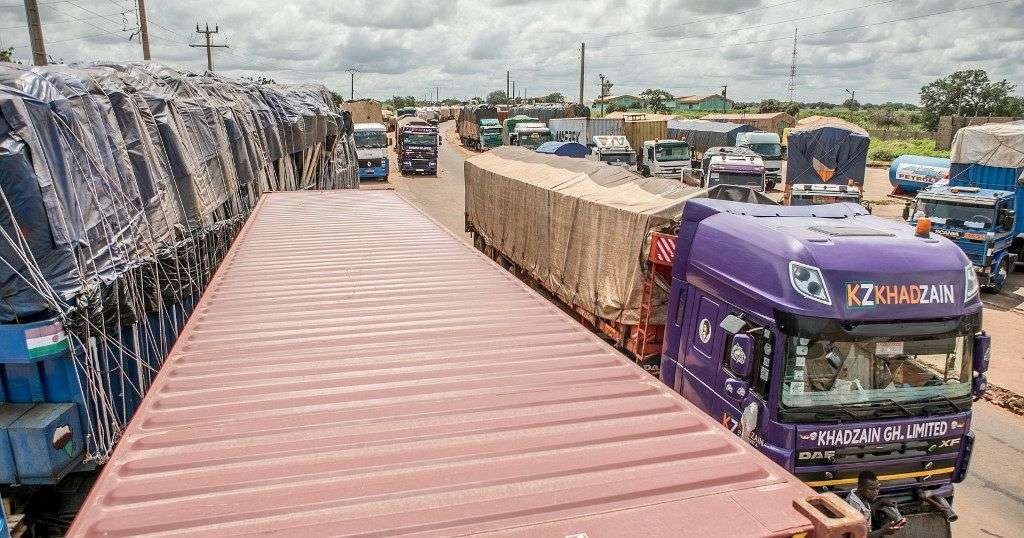Niamey, Niger – (African Boulevard News) – After the recent coup in Niger, the closure of land routes between Niger and Benin has left many people with limited options for travel. As a result, desperate individuals have resorted to using canoes and motorized boats to cross the treacherous River Niger, risking their lives in the process.
The closure of the border came into effect on July 26, following the successful military takeover in Niger. The bridge that once connected the two neighboring countries has been shut down, leaving thousands of people stranded on either side. This drastic measure was implemented as part of the sanctions imposed on the new military-led government by the international community.
The consequences of these border restrictions have been severe for the people living in the region. Many rely on cross-border trade for their livelihoods, with goods and services flowing freely between Niger and Benin. However, with the closure of land routes, this economic lifeline has been severed, leading to financial hardship for many.
One trader, who preferred to remain anonymous, lamented the impact of the border closure on his business. He said, “I used to go to Benin to buy food supplies and other goods for my shop. Now, with the closure of the border, I’m unable to do so, and my business is suffering. I have no other means of income, and I’m worried about how I will provide for my family.”
The reliance on canoes and motorized boats to cross the River Niger has also come at a great cost. The river is known for its strong currents and unpredictable weather conditions, making the journey perilous. Reports of accidents and drownings have already surfaced, highlighting the desperate lengths people are willing to go to in order to maintain their livelihoods.
The impact of the border closure extends beyond trade and transportation. Families who have been separated, with loved ones on opposite sides of the border, face emotional distress and uncertainty. The lack of communication and inability to reunite has taken a toll on the mental well-being of many individuals.
As the border closure persists, the people of Niger and Benin are left with no choice but to endure the pain of sanctions and find alternative ways to survive. The international community’s objective in imposing these measures is to exert pressure on the coup leaders to restore democratic governance. However, the unintended consequences of these actions on innocent civilians cannot be ignored.
The closure of the land border between Niger and Benin has had devastating effects on the lives and livelihoods of the people living in the region. As they struggle to navigate the treacherous River Niger, risking their lives for a chance at survival, it becomes increasingly clear that the cost of the coup and subsequent sanctions is being borne by those who can afford it the least.

